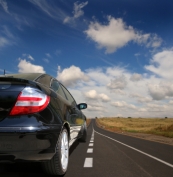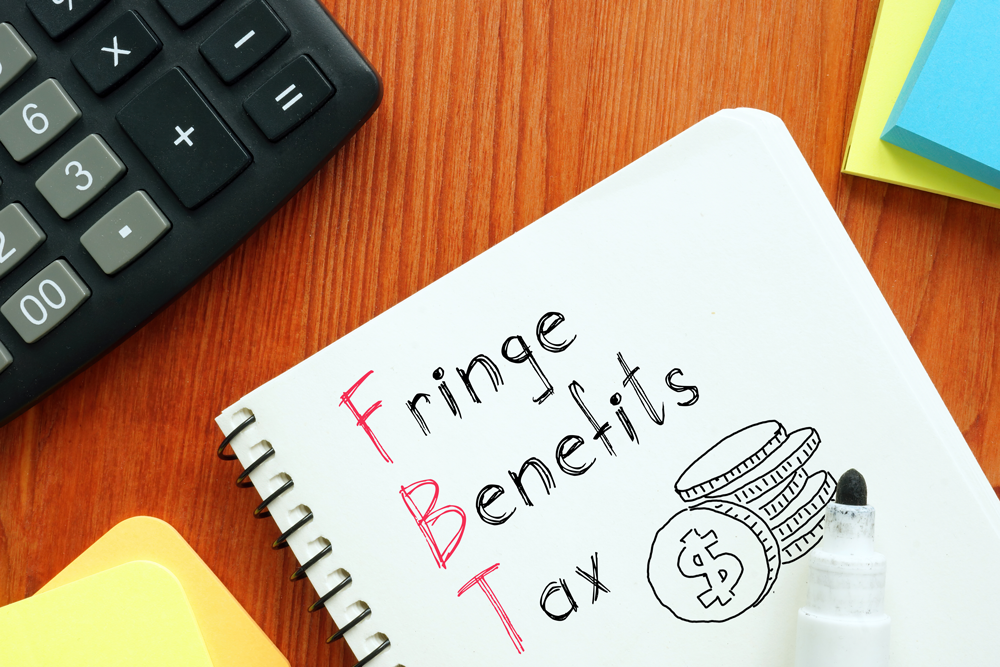
How does the ATO treat Uber?
Uber is looking for more drivers and Airbnb is seeking more hosts, but what are the implications of becoming part of this new ‘sharing’ economy’?
Basic tax principles apply regardless of whether you are operating full time as a  ‘taxi driver’ or part time as a casual driver. In either instance, the money you earn needs to be declared as income. With these services booked through sharing platforms, the Australian Tax Office (ATO) has access to the bookings data and can data match money flowing through to financial institutions from platforms like Uber and Airbnb.
‘taxi driver’ or part time as a casual driver. In either instance, the money you earn needs to be declared as income. With these services booked through sharing platforms, the Australian Tax Office (ATO) has access to the bookings data and can data match money flowing through to financial institutions from platforms like Uber and Airbnb.
Ride Sharing Services are a Tax Service
The ATO regards ride-sourcing services like Uber as a taxi service, and while most small businesses need to cross the $75,000 annual income threshold before they are required to register for GST, this threshold does not apply to a business providing ‘taxi services’. As an Uber driver you must register for GST regardless of how much you earn from driving.
If you already have an individual ABN then you can use the same ABN for ride- source services and register for GST using that ABN. Because you are registered for GST, you can also claim the GST credits on vehicle expenses you incur. Most importantly, if the car is not used exclusively for ride-sourcing, you can only claim a portion of the expenses and GST credits.
source services and register for GST using that ABN. Because you are registered for GST, you can also claim the GST credits on vehicle expenses you incur. Most importantly, if the car is not used exclusively for ride-sourcing, you can only claim a portion of the expenses and GST credits.
Be warned, if you drive casually to earn a bit of extra cash, you still need to declare any income you earn in your tax return. Of course, if you own or lease the car that you use for ride-sourcing services then you can claim expenses against the income. If the car is a ‘company car’ provided by your employer you cannot claim the expenses on this vehicle.
Claiming Car Expenses
There are several options when claiming motor vehicle expenses including:
- If you drive less than 5,000 kilometres for business purposes during the financial year you can claim a tax deduction based on a cents per kilometre basis. If you multiply the number of kilometres you travel for business purposes by 66 cents this will be your allowable deduction.
- Alternatively, you can keep a log-book for 12 weeks during the year that documents the business use of your car for ride-sourcing activities. This will let you calculate the use for business purposes and you can claim that percentage of vehicle costs including depreciation (or lease payments), fuel, insurance, registration, tolls and repairs.
Your log book is a very important tax document and you must update your log book every five years. Your log book must record all business trips and include:
- The dates the log book period begins and ends

- The car’s odometer readings at the start and end of the period
- The total kilometres travelled
- The business percentage for the log book period
In addition, for each business journey in the log book, you must record:
- Start and finishing times of the journey
- Odometer readings at the start and end of the journey
- Kilometres travelled
- Reason for the journey
- If you make two or more journeys in a row on the same day, you can record them as a single journey
You will need to keep all your receipts to justify your claims for insurance, repairs etc., however, fuel can be an estimate using the start and end odometer readings for the year.
If you have any concerns or queries about your involvement in the sharing economy including Uber or Airbnb, talk to us today.









